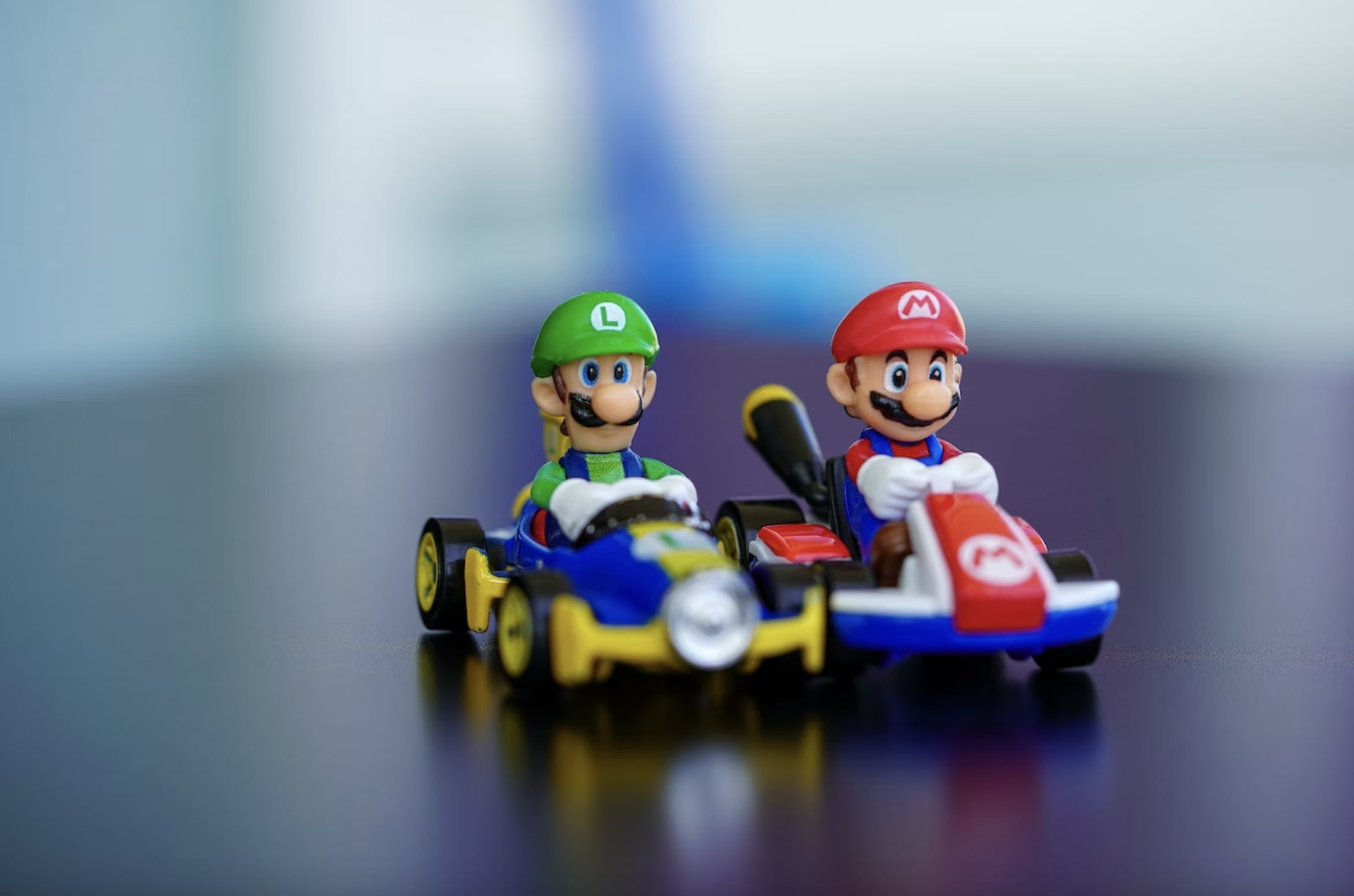Mar 03 (newsonjapan.com) - As arguably the true spiritual home of video gaming, Japan has a strong relationship with this form of entertainment.
Japanese companies such as Sony and Nintendo have long been major players on the gaming scene, developing new technology, globally successful titles, ground-breaking consoles, and real-life theme parks based around well-known characters. In many ways, Japanese taste in video games influences the industry across the whole world, but, despite this, there is something unique about the country’s approach to gaming. The priorities of Japanese gamers may be slightly different to those in America or Europe, and some titles which do phenomenally well in Japan might not make much of an impact outside of the country.
It is interesting to identify the important ingredients which go into making a video game that will be a hit in Japan. The most popular genres here tend to be action RPGs, simulations, and generic ‘action’ games, like FPSs, or fighting and survival titles. In contrast to this, by far the most popular gaming genre in the USA is currently puzzles. However, much like the rest of the world, the most used gaming device in Japan is a handheld mobile one, such as a smartphone or tablet.
With these basic similarities and differences in mind, let’s dive deeper into what Japanese gamers look for in their next favourite gaming title.
Storytelling
As evidenced by the most popular gaming genres in Japan (mentioned above), a well thought out and satisfying storyline is important to most Japanese gamers. Visual novels are semi-interactive fiction which fall somewhere between reading manga, watching anime and playing a video game. Obviously, they are entirely plot driven, with the player simply moving through the story and discovering as they go, rather than feeling like they have a major part in the action. They tend to be more popular in Japan than elsewhere and there are literally thousands of titles on offer ranging from historical fiction to sci-fi to rom coms.
Moving on to an entirely different gaming sector, storytelling is also a vital feature of any slots game and so platforms will provide customers with a wide array of different themes and subject matter to choose from. Slots with a strong narrative element such as Rich Wilde and the Book of Dead or Masks of Fire are perennially popular. As well as looking for great RTP rates and good value deals, slots players are also on the hunt for an entertaining storyline. Bonus features and mini-games can strengthen what a slots game has to offer, but a well-written and intriguing narrative is also vitally important.

Characters
Whilst a great story can really draw someone in and keep them guessing, it’s the characters that gamers get really attached to. Celebrity culture in Japan extends to include fictional characters as much as it does real life pop idols and actors. Globally successful JRPG (Japanese role-playing game) franchises such as Final Fantasy, Elden Ring and Zelda have some of the most recognisable video game characters ever created, including Link and Zelda, Ranni the Witch, and Cloud, Tifa and Sephiroth.
On an even higher level are universally known characters such as Mario, Donkey Kong, Princess Peach, Pikachu and many of the other Pokémon. Whereas popular Western games such as Call of Duty, Grand Theft Auto and FIFA focus much less on recognisable faces and much more on the action of the game, Japanese gamers tend to want the best of both worlds. Once you have both an intriguing storyline and a cast of likeable characters on board, then you are ready to take on the gaming market in Japan.
Technology
Japan tends to have a reputation for being more technologically advanced than any other country in the world, and it is true that it is happy to embrace new tech with open arms. This, of course, extends to the gaming industry. Whether that means portable consoles, AR and VR, motion sensor tech or mobile games, there will definitely be an eager market for it in Japan. Not only are Japanese developers some of the front runners in developing this new technology, but Japanese gamers are also more likely to interact with new gaming developments than some other customer markets.
The Nintendo Switch console has motion control included which means that, when a player physically moves either the Joy-Cons or the entire console itself through space, there will be a response within the game. One great example of how this works is within the game Mario Kart 8 Deluxe. Rather than using a D-pad or joystick to control their vehicle, players can physically move the controller or handheld console in order to turn left or right as they drive along the track.















